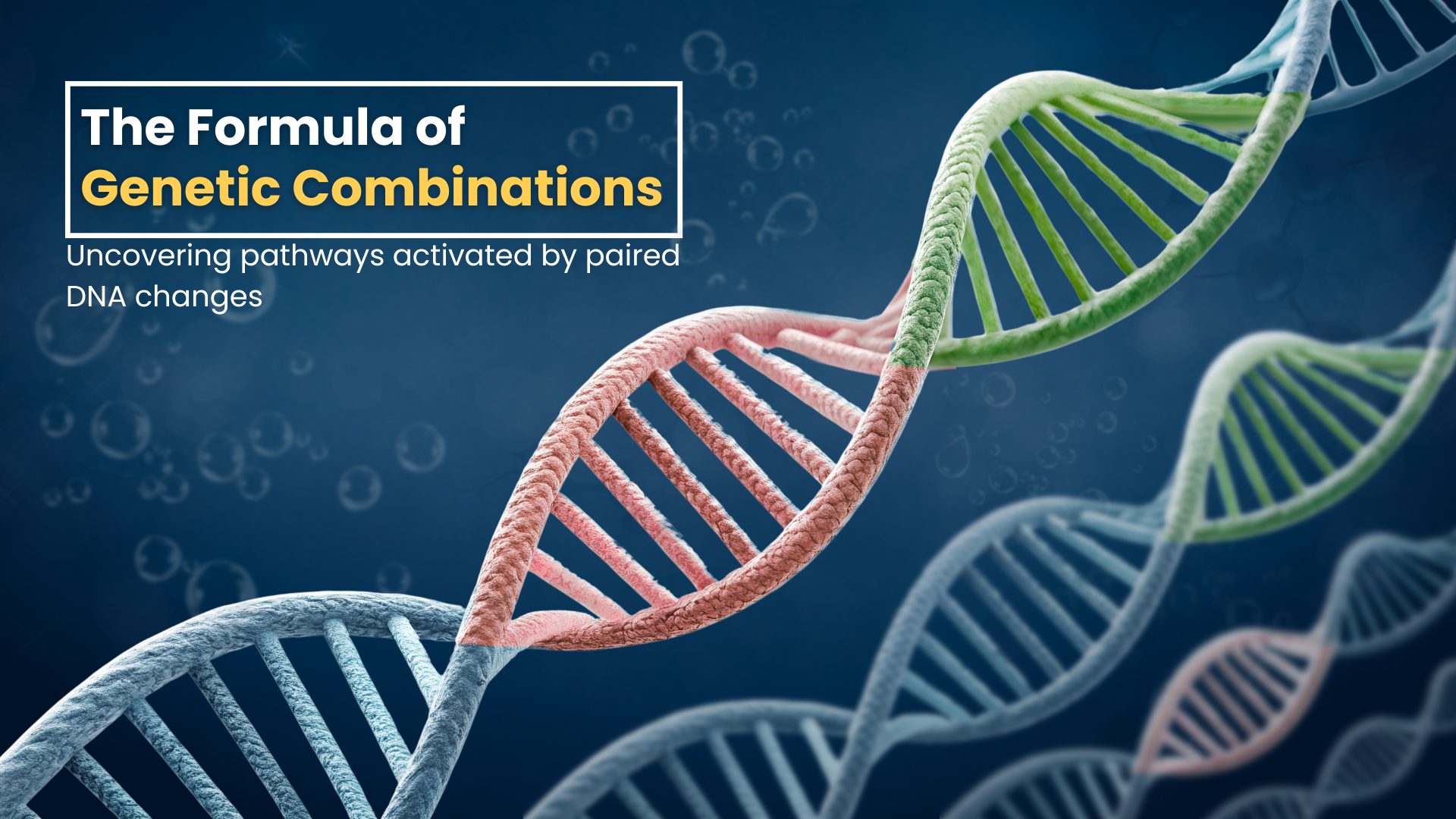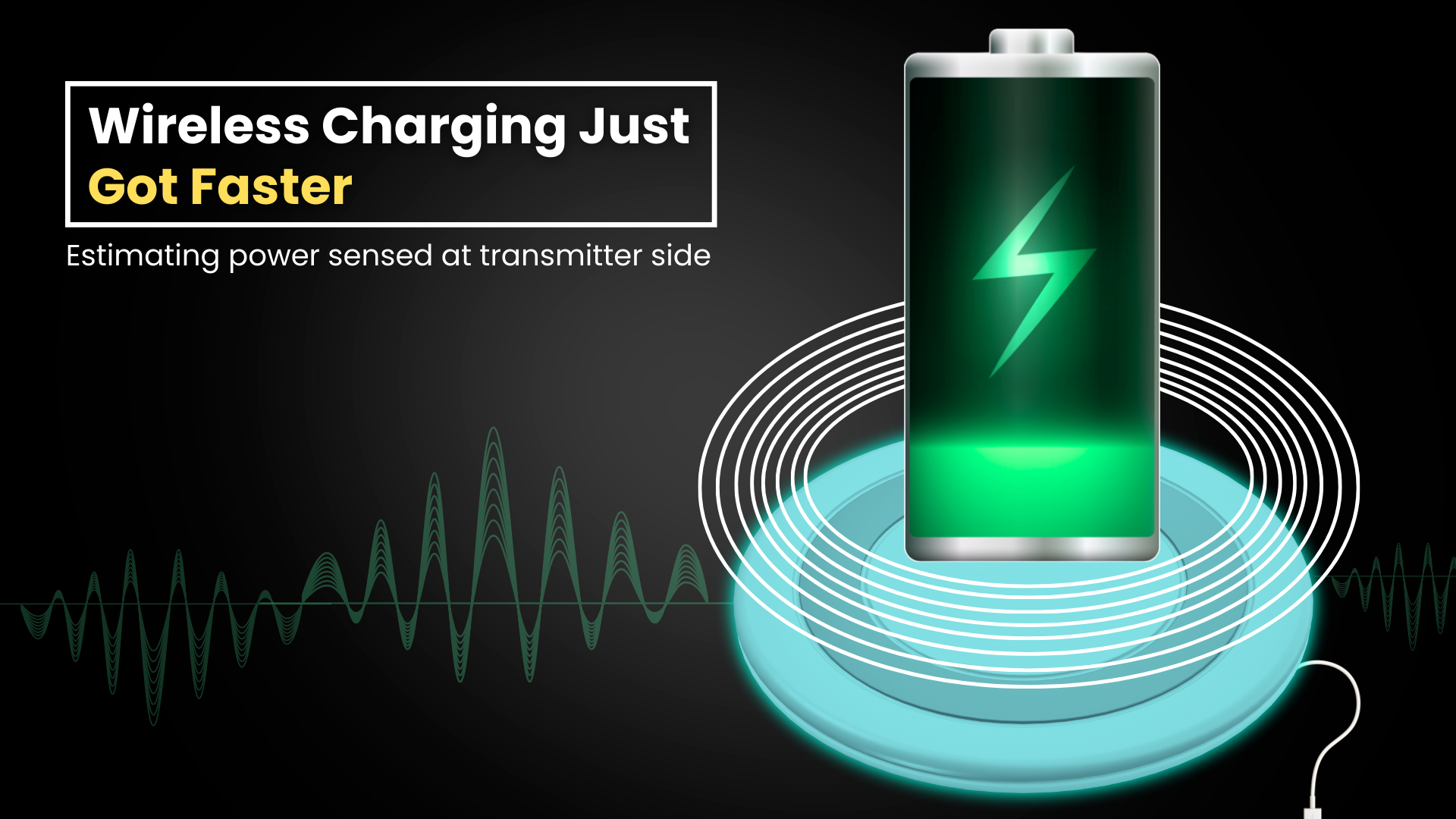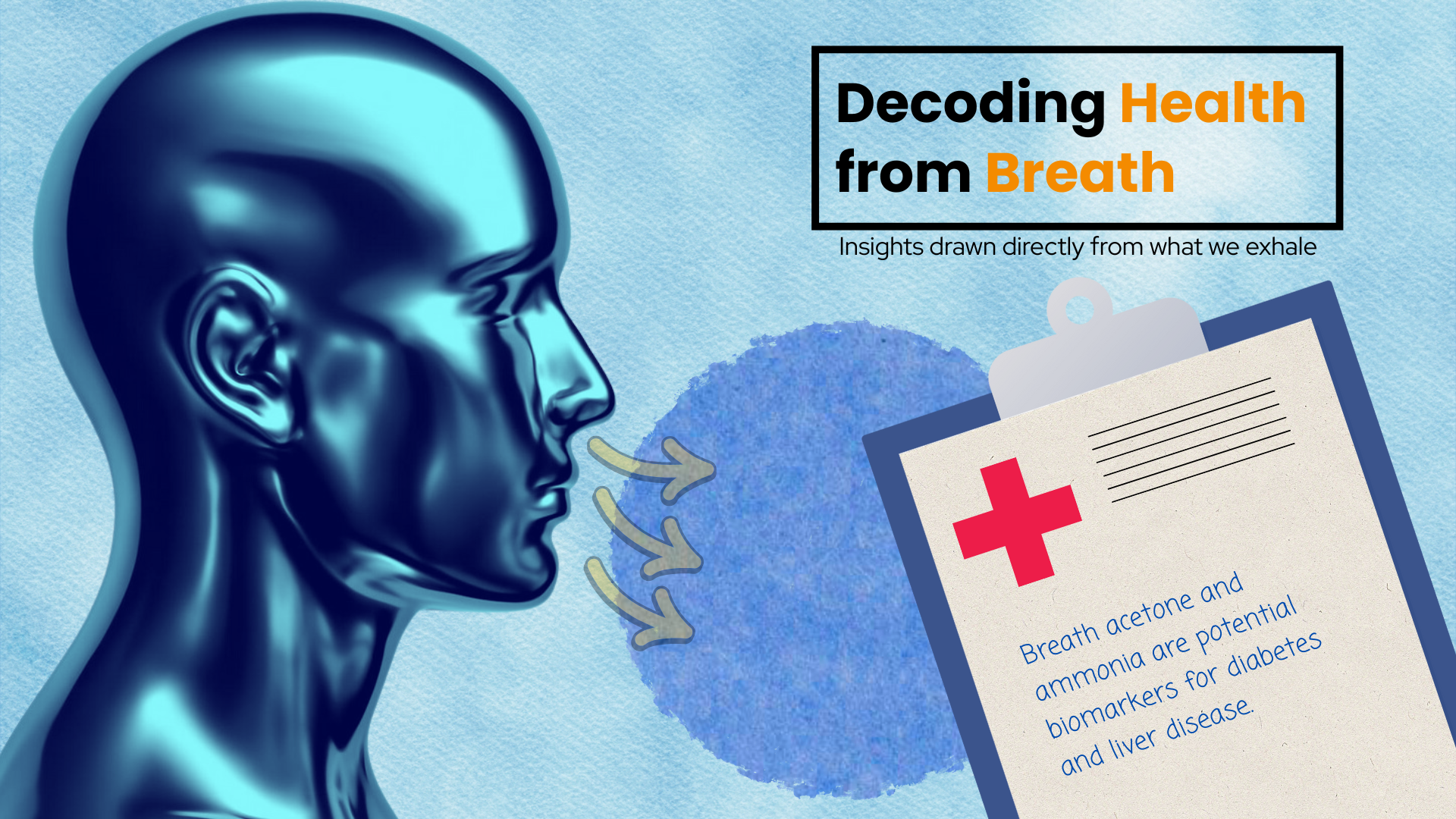
Auto drivers don’t follow the rules, they break them! Auto rickshaws are an omnipresent sight in India, and most of them run on diesel. Many cars in the country too run on diesel as it is a good substitute for petrol, and it tends to be cheaper.
However, the fact that diesel vehicles causes pollution is only the tip of the iceberg of its problems. Diesel exhaust particles (DEP) are particulate matters (PM) that have been declared a problem by the Environmental Protection Agency (EPA) and World Health Organisation (WHO).
DEP is harmful to both healthy and unhealthy individuals. DEP can enter the bloodstream causing harm to multiple organs and systems. Prolonged exposure to DEP leads to both acute and chronic health effects, affecting lungs and causing headaches and nausea. It also causes chronic bronchitis, respiratory infections, and can even cause cancer.
It has been found that deep tissue penetration of DEP and interaction with cellular pathways causes biphasic effects on bone metabolism under both healthy and unhealthy [osteoporotic (a condition where the bones become weak and brittle)] conditions. However, not much research has been done in this area.

In this study, the authors Ms. Vaishnavi N, Ms. Renugaa Suresh babu, Dr. Swathi Sudhakar, and Dr. Selvaraj Vimalraj from the Department of Applied Mechanics and Biomedical Engineering, Indian Institute of Technology (IIT) Madras, Chennai, India, and Dr. Saravanan Sekaran from the Department of Prosthodontics, Saveetha Dental College and Hospitals, Saveetha Institute for Medical and Technical Sciences, Chennai, India, have, for the first time, demonstrated the dual effect of DEP on bone health in people.
In this study, DEP was directly collected from the exhaust outlets of heavy-duty diesel engine buses operating under real-world conditions. This approach ensures environmental relevance and more accurately reflects human exposure scenarios compared to using synthetic or laboratory-generated particles.
Zebrafish was used in this study to investigate the physiological and remodelling effects of DEP on bone health. Zebrafish was chosen because of its numerous advantages, such as, its genetic similarity to human beings, easy to handle, and rapid breeding capabilities. They are also similar to mammals in terms of their skeletal physiology.
It was found that mRNA (messenger Ribonucleic Acid, which is a single-stranded RNA involved in the synthesis of proteins) expression and bone matrix deposition changed, and offered novel insights into how air pollution may simultaneously impair and stimulate aspects of bone formation and remodelling.
This study proves that diesel exhaust particles (DEP) exert detrimental effects on bone health. There is a need for further exploration into DEP’s dose-dependent effects, underlying molecular mechanisms, and long-term impact on bone health.
Dr. Arumugam Balasubramanian, Instructor/Investigator at Brigham and Women’s Hospital, Harvard Medical School, Boston, USA, gave the following insights into the work done by the authors with the following appreciative comments: “Air Pollution and Bone Health: A Hidden Risk Revealed: This study shines a light on an important and often overlooked issue — how air pollution may affect our bones. Dr. Vimalraj and his team investigated the impact of diesel exhaust particles (DEP), tiny pollutants released from vehicles, on bone health. Using lab-grown bone cells and zebrafish (a popular research model), the study found something surprising: low levels of these particles promote undesired bone growth, but higher levels damage bone growth and slow bone fracture healing, especially in models with osteoporosis (a bone-weakening condition). The harmful effects at high doses were linked to changes in certain endocrine signals (like the aryl hydrocarbon receptor pathway), which disturb the balance between cells that build bone and those that break it down. These findings are especially relevant for people living in cities or working near traffic, as they might unknowingly be at risk. This research reminds us that air pollution isn’t just a lung issue — it can silently weaken our bones too. Overall, this research underscores that air pollution is not just a respiratory concern — it may also pose a silent but serious threat to skeletal health.”
Article by Akshay Anantharaman
Click here for the original link to the paper










